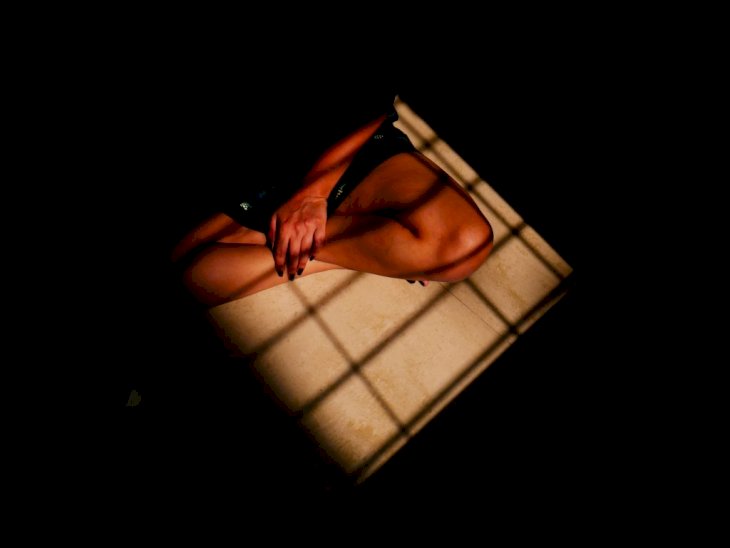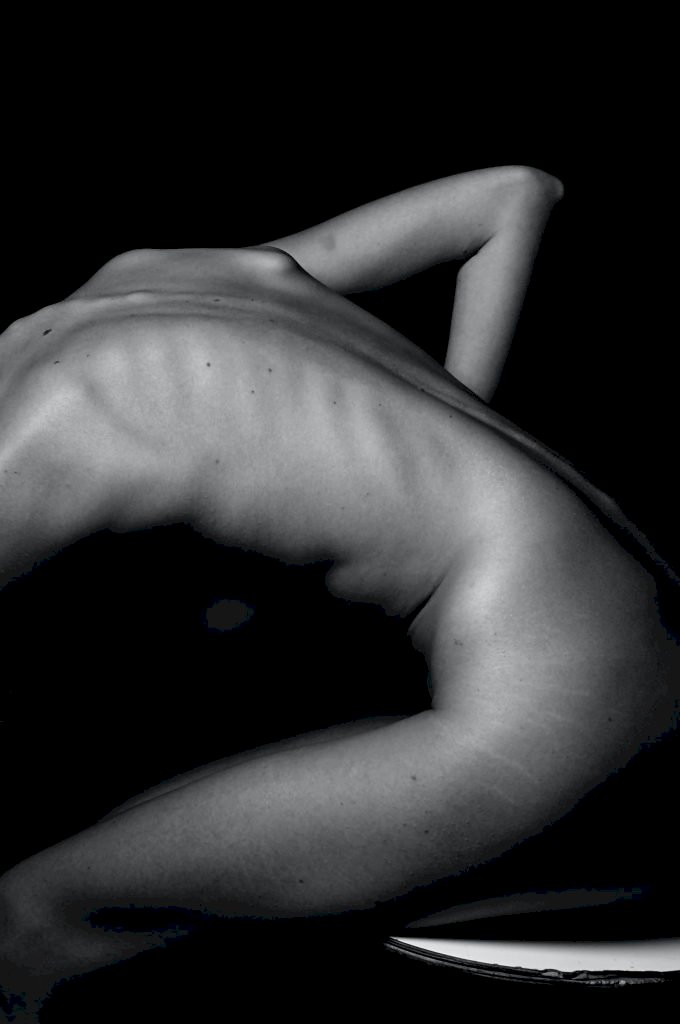
Exploring The Intricacies Of Body Dysmorphia Disorder
Body dysmorphia affects how you see yourself; you’ll be so concerned with flaws that others don’t notice. Most people seem to think it’s a form of vanity or self-obsession, but it’s a mental disorder.
Body dysmorphia, also known as body dysmorphic disorder (BDD), is a mental disorder that makes someone conscious of their flaws. It can be an obsession with their weight or their body shape, which goes unnoticed by others.
Most people with BDD become so self-conscious that they try to avoid being seen by others or even turn to plastic surgery to help fix what they think is wrong. But it doesn’t stop there; it can lead to other mental disorders.
What Are People Concerned About?

Unsplash
BDD can affect both men and women and starts becoming problematic in the early teens. It’s usually the time when people become critical of their appearance and spend a lot of time obsessing about what they don’t like.
This includes our skin imperfections like wrinkles, scars, acne, excess or lack of body hair, body weight, and even the shape and size of our body parts like noses and even breasts. Their obsession can affect their work and social lives.
What Is It Like?

Unsplash
People who suffer from body dysmorphia have repetitive behaviors that can take up a lot of their time. An example could be picking at acne in the mirror or hiding and covering up their defects.
They might be touching what they’re conscious about and may need reassurance that their features are normal. Sometimes touching the part too often can lead to an injury, which may not even stop them.
They try to conceal the body part that they find an issue with because they don’t want others to see it, in fear of being judged. They might wear oversized or baggy clothes to cover up their fat.

Unsplash
That can quickly develop into a habit of avoiding taking pictures so that their flaws aren’t documented. If you do happen to take a picture of them, you could even anger them.
They can spend a lot of time comparing themselves to others, how insignificant they are to the people around them, or how ugly they are in comparison. It can lead to feelings of depression, anxiety, and suicide.
Getting Help

Unsplash
It occurs in those with other mental health conditions like depression and anxiety. It can be triggered by trauma, low self-esteem, and criticism, especially from parental figures and peers.
The first thing that needs to be done is to recognize that you have a problem and seeking help. It can be treated through different kinds of therapy and with medication.

Unsplash
In therapy, you will discuss all the things that make you conscious of yourself and how to correct the misconception you have about your body. It can be difficult to discuss what causes your BDD, but it can help you recover.
Support is important; your family and friends should be there to help you through the changes and coming to terms with BDD. Their understanding of your symptoms will put you on the road to recovery.

Unsplash
Medications to treat any underlying mental disorders may help alleviate the symptoms of BDD. But therapy is the best solution because it can help you deal with the compulsions to pick at your body.
BDD isn’t about being self-obsessed; it’s a treatable mental disorder. With the proper support and therapy, you could be on the road to a successful recovery.